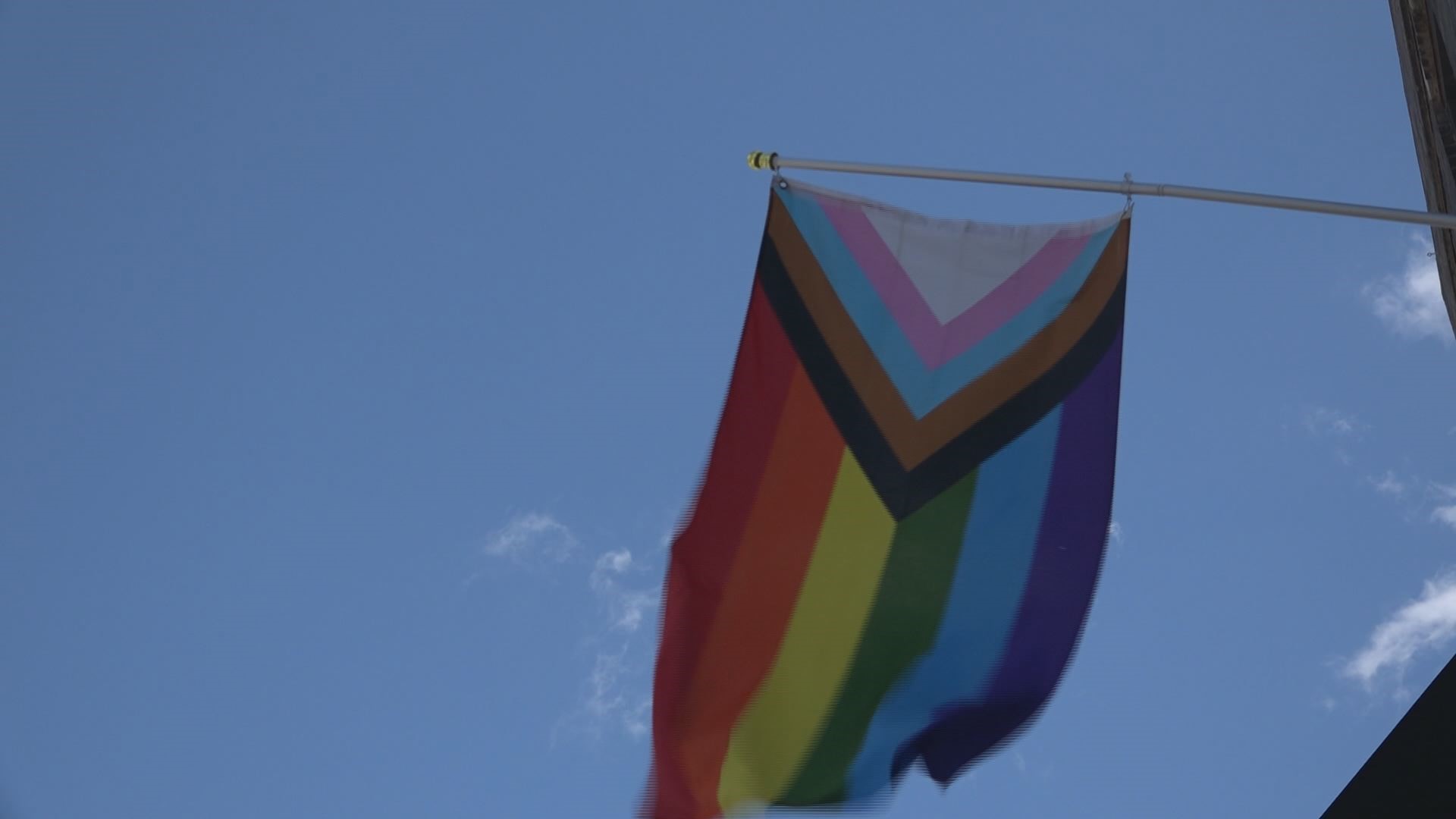ST. LOUIS — PROMO, Missouri's LGBTQ equality and advocacy organization, wants more to be done about the monkeypox outbreak.
Especially now that it has been declared a national public health emergency.
Shira Berkowitz is PROMO's Senior Director of Public Policy and Advocacy.
"We are not acting in any kind of urgent way to squash this next virus in a way that we know that we can get ahead of it," they shared. "We need access to those vaccines, starting with those who are immunocompromised and marginalized populations of individuals is the way to stop the spread of this virus."
However, there's a short supply of JYNNEOS vaccines nationwide and locally.
A spokesperson for Missouri's health department shared the following information regarding the vaccines:
- In Phases 1-2, Missouri ordered 2,413 doses, which was 100% of its allocation
- Missouri has several hundred doses available located strategically across the state
- On July 28, they were informed of an additional allocation that CDC is breaking up by percentages to order, that first percentage they can order from Phase 3 is 40%, which is 2,780 doses
- They are in the process of ordering that allocation and expect it to ship as early as Monday
- On August 15, they will be able to order another 30% of its Phase 3 allocation
- The remaining 30% of the allocation will be held pending review of the status of the outbreak and vaccine administration data
Health departments in the St. Louis region have low amounts, and some have none.
Nathan Koffarnus is the Assistant Bureau Chief for the Bureau of Communicable Disease Control and Prevention.
Koffarnus says the United States had 1.1 million doses in an emergency stockpile allocated to all the states already.
Not all states got the same amount of the two-dose vaccine. That's because it was distributed based on population size, population at risk, and the amount of monkeypox cases.
"We're now waiting for the manufacture to create most doses and it might be December before those come out," he shares.
He adds, the department needs to follow the CDC and the CDC guidance is focused on vaccinating people who are exposed.
For now, he says there are a lot of testing and treatment options.
Population impacted
As of Friday afternoon, the City of St. Louis currently has 6 reported confirmed cases.
Overall in Missouri, 13 confirmed cases have been reported as of Aug. 4.
Right now, men make up 99% of monkeypox cases.
"Of the male respondents that provided a sexual history, another 99% had sexual contact with other males," Koffarnus added.
Berkowitz says, "The reason that gay men or bisexual men, cisgender men are more susceptible to monkeypox than, per se, some other people is the immunocompromisation that some carry because they are HIV positive."
While a majority of monkeypox has impacted the LGBTQ community, Berkowitz says lots of misinformation is spreading too.
"Monkeypox is not an LGBTQ virus, it is not something that is going to stay directly in the LGBT community. While there is a surge of gay and bisexual men who are susceptible to monkeypox, it is not an LGBTQ virus or a gay male virus," they add.
This virus can impact anyone.
Transmission can happen during sex or other intimate skin-to-skin activities, such as:
- Oral, anal, and vaginal sex
- Hugging, kissing, cuddling and massage
- Coming in contact with bedding or other items that have the virus on them during or after intimate activity
The St. Louis City Health Department has initiated an anti-stigma social media messaging campaign and will be hosting a roundtable workshop for LGBTQ members of the community in the near future.
What to look out for
Signs of monkeypox can include flu-like symptoms, but Koffarnus adds 99% of the cases involve some sort of rash.
You may experience all or only a few of the symptoms usually start within 3 weeks of exposure to the virus. The illness typically lasts 2-4 weeks.
Symptoms are similar to smallpox symptoms but milder.
Symptoms of monkeypox can include:
- Fever
- Headache
- Muscle aches and backache
- Swollen lymph nodes
- Chills
- Exhaustion
- A rash that can look like pimples or blisters that appear on the face, inside the mouth, and on other parts of the body, like the hands, feet, chest, genitals, or anus
If you are concerned about the virus, reach out to your local provider.
For more information from the Missouri DHSS website, click here.

